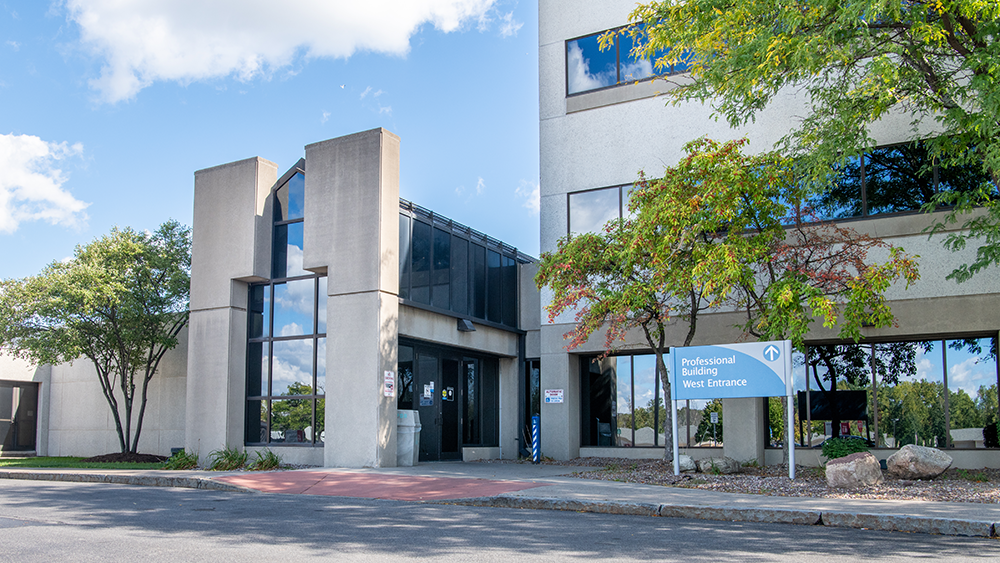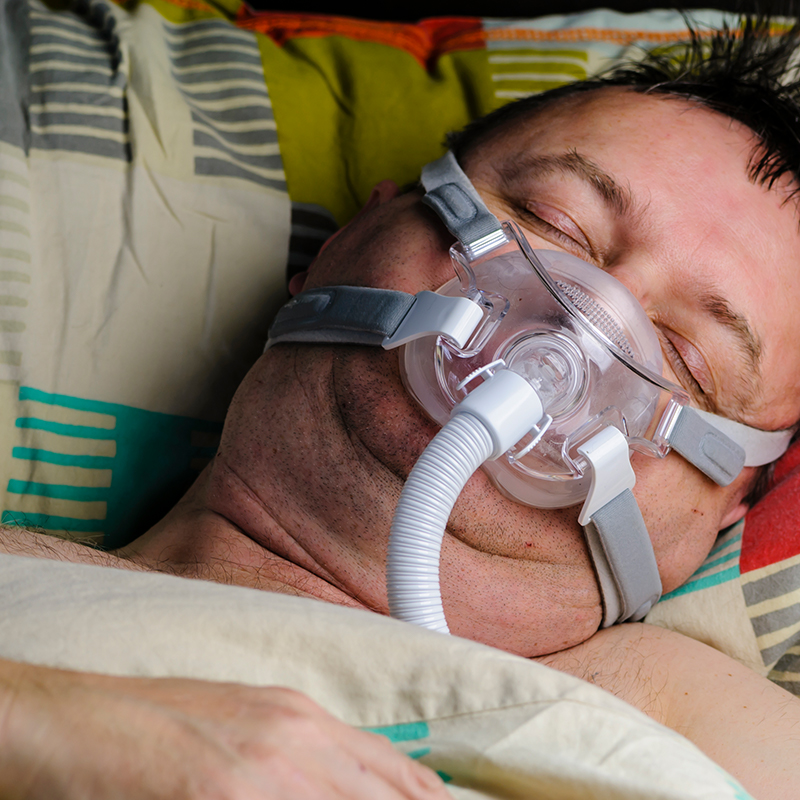Sleep Medicine - Greece

General Hours
General Hours
Accommodations
Accommodations
Convenient Treatment for Sleep Disorders
At Rochester Regional Health's Unity Sleep Disorders Center, we see adults, adolescents, and older adults. If you have difficulty falling asleep, staying asleep, or sleeping on a schedule that allows you to function best, you can benefit from our services. And if you have difficulty staying awake during the day, this may indicate an underlying sleep disorder—so we recommend that you seek treatment.
The first step to better sleep is to schedule an evaluation appointment by calling (585) 442-4141. You'll meet with a sleep specialist who will do a complete physical evaluation and ask questions about your quality of sleep, sleep habits, and how sleep problems may affect your life.
After a thorough assessment, we'll recommend a specific course of treatment tailored to your needs. If more information is needed, your doctor may recommend a sleep study as a next step, a referral to our Insomnia Clinic, changes to your medication, or cognitive/behavioral therapy.
We also send our recommendations to your primary care doctor—we work as a team with your doctor to try to address your sleep issues.
Make an Appointment with a Sleep Center in Rochester
Are you ready to take the first step? Contact us today at (585) 442-4141.
Looking for more information? Download our brochure or view answers to our frequently asked questions below.
Insomnia Clinic
Did you know that people with insomnia are two-and-a-half times more likely to have accidents than other drivers? According to studies, they’re also less likely to advance in their careers, since lack of sleep affects concentration, analytical thinking, and creativity. On top of all this, insomnia also weakens your immune system and increases your risk of depression. And 30 percent of Americans suffer from it!
The Insomnia Clinic at the Unity Sleep Disorders Center is one of the first full-time insomnia clinics in the United States. Our highly trained specialists will create effective treatment plans that can help the majority of troubled sleepers—often without medication.
Cognitive/Behavioral therapy is the changing of unrealistic beliefs and irrational fears regarding sleep and particularly the loss of sleep. This technique is particularly valuable in decreasing the anxiety associated with insomnia. This therapy is very effective: it does not involve medication, and clinical studies show that this therapy is as effective as sleeping pills, and produces longer lasting results.
If your sleep disorder does require a prescription, we can arrange that for you, and we’ll discuss it with you and your physician. And if we feel that it’s necessary, we may arrange an overnight sleep study.
Frequently Asked Questions
Most people have questions about sleep disorders, and about what to expect at our center. Here are some of the most common:
We are the area's most experienced center for diagnosing and treating sleep-related disorders; we've have ongoing accreditation by the American Academy of Sleep Medicine since 1985.
This can actually depend on your age because sleep patterns may change as you get older. While infants need up to 16 hours, adults should get about seven to eight hours. In some cases, elderly patients may experience more disturbed sleep and have a greater need for naps. Daytime naps may disturb nighttime sleep for some, but others make them part of a healthy pattern.
If you experience difficulty initiating or maintaining sleep—or daytime sleepiness—you should talk to your doctor. While some conditions require medication, many others can be resolved with simple changes in daily habits or work schedules. There are many effective approaches that can treat sleep disorders without medication.
The first step is your evaluation: you’ll complete a questionnaire about your problem and how it affects your life. Then, you’ll meet with a sleep specialist who may diagnose you during an initial exam or order a sleep study. Your condition may require monitoring with a sleep study that can reveal exactly when the problem occurs and what is going wrong. Your sleep study will be conducted here at the Unity Sleep Disorders Center.
A sleep study would run from your bedtime until 6 am. The lights in your room would be turned off at your bedtime—no later than 11 pm.
The short answer is, probably. Most insurance plans cover sleep disorder evaluations and treatment. However, you may need a referral from your doctor. Contact our office for further information at (585) 442-4141.

